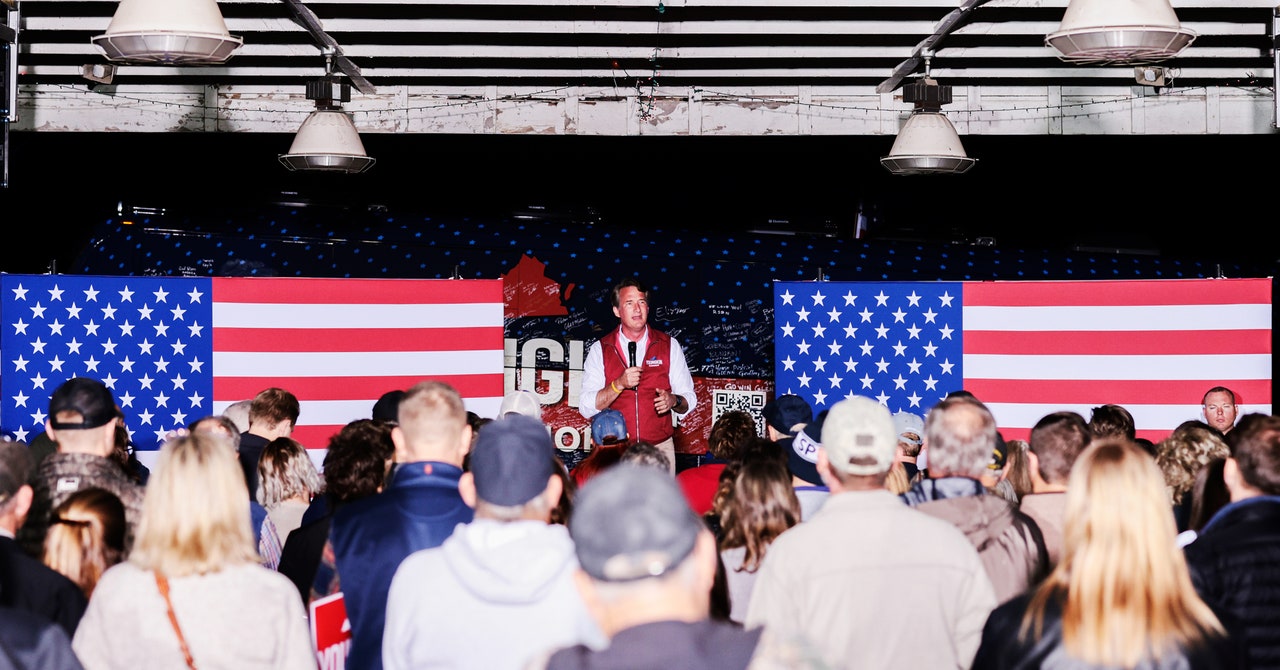“While I see and understand the power of social media and how you can interact with posts and participate in some way, those platforms are not designed for any kind of personalized interaction with the voter,” Mike Baumwoll tells WIRED. “It is specifically designed to allow and empower voters and give them a microphone to ask a question.”
When a politician answers a question voted on Rep’d, their answer is beamed to all other users who voted. The campaign can then send that response to all of their other platforms, such as newsletters, Twitter, Facebook, or press releases.
This election cycle will deploy the company’s technology in campaigns in Michigan, Wyoming, Austin and Colorado. Before becoming director of communications and digital for Colorado Democrats, Megan Burn did marketing for wellness, beauty and fashion brands in Brooklyn and Los Angeles. Political marketing is a few seasons behind its previous digs, shall we say.
Rep’d was a bright spot for her, though. She compares it to a third Cameo, a third Facebook and a third Reddit. Campaigns using the technology, which can be as simple as including an ‘Ask’ button on their candidate’s website, are given a direct link to voters that other campaigns don’t have.
“That sense of inclusivity and being in the crowd, I mean, that’s power. That way you get people to buy and love your brand,” says Burn. “My two marketing goals are to educate people and allow them to feel confident asking their elected officials questions, right? Hold people accountable and let their voices be heard because I feel so many people are disillusioned with the system.”
The erosion of American confidence goes deeper than government agencies. Today, the media has also lost the public’s trust. A full 38 percent of Americans now tell Gallup they “don’t trust” the media. By removing journalists from the conversation and putting voters in direct contact with their own politicians, Rep’d hopes that faith in politics will gradually be renewed.
“A politician’s message can’t be twisted because they’re telling it directly to you and responding directly to your question,” said Mark Friese, vice president of business development at Rep’d. “So we think it shortens the distance between the politician and the voter, or the politician and the voters, a little bit. And we think it can definitely play a bigger role in building trust and transparency.”
Trust and transparency are lofty goals, especially when many voters don’t even know what’s on their ballot or where to vote. That’s where services like BallotReady come in.
BallotReady has you covered, what you may have heard on Spotify, Snapchat, and even Tinder – all brands they’ve partnered with to get their unbiased message out there. It alerts you to vote and even directs users to the nearest polling station.
Importantly, in this first election since the overthrow of Roe v. Wadethey also help voters sift through the quagmire of down-ticket state and local races — for checkers, commissioners — including, this year, judges who can rule on your local reproductive rights.

